Please verify your service location to access this:
Please verify your service location to access this:



Pay 30% less for natural gas when you bundle your electricity.*



Check out our energy plans for restaurants and learn how to make your business more energy efficient.

Want to know more about your energy options? Looking for ways to save on energy usage? We're here to help you make an educated decision.



The only energy account app in Alberta‡—built to give you fast, easy access to bills, insights, rewards and more.
New to Direct Energy? Get an exclusive offer when you download the app.§

Sign up for fixed rates:
Direct Energy customer support:
Direct Energy Regulated Services sales & support:



Pay 30% less for natural gas when you bundle your electricity.*



Check out our energy plans for restaurants and learn how to make your business more energy efficient.

Want to know more about your energy options? Looking for ways to save on energy usage? We're here to help you make an educated decision.
Please verify your service location to access this:
Home improvement
Find out which electric or gas appliance is best for your home and reduce your utility bills by switching to energy efficient appliances.

Select a category to find articles that might be of interest to you.
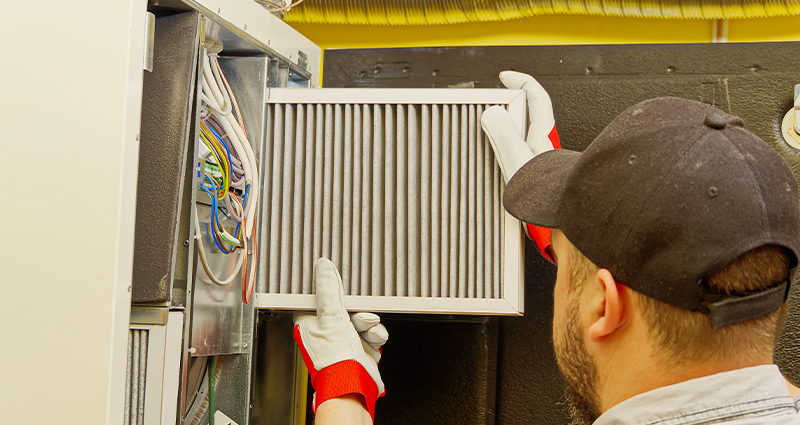


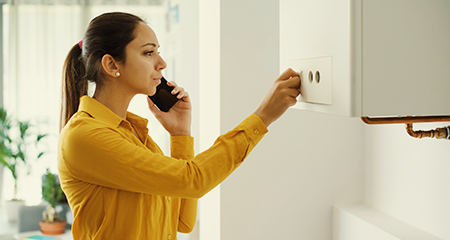





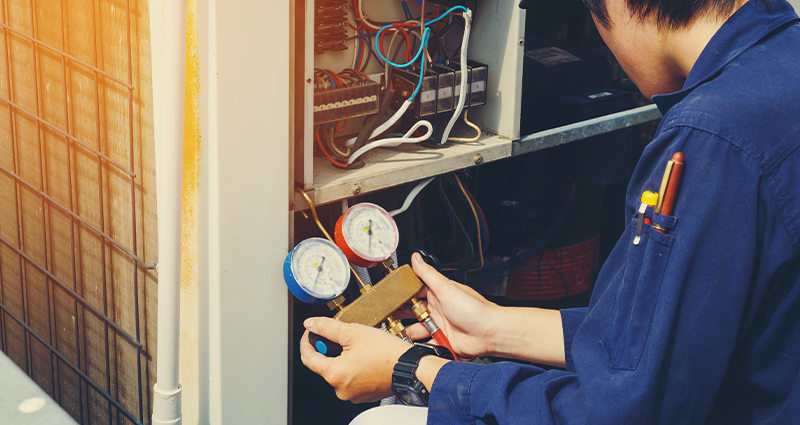


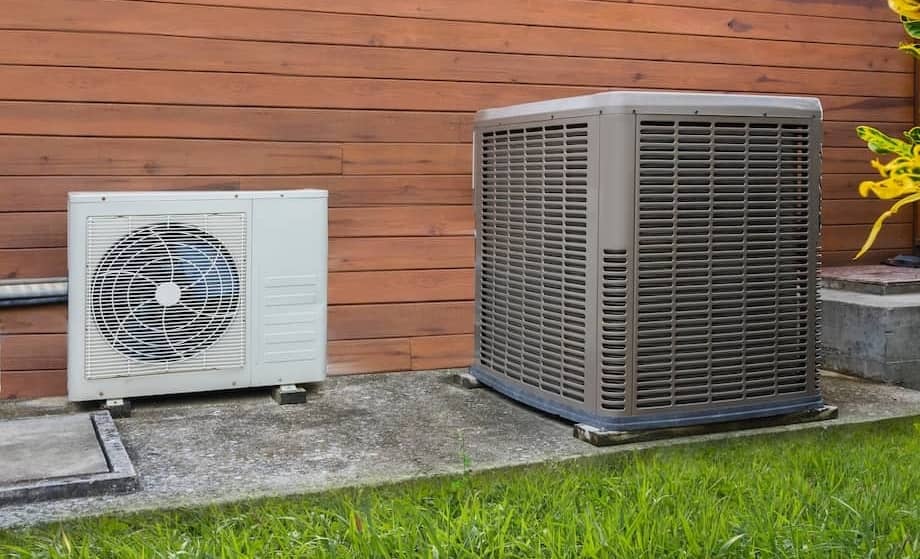








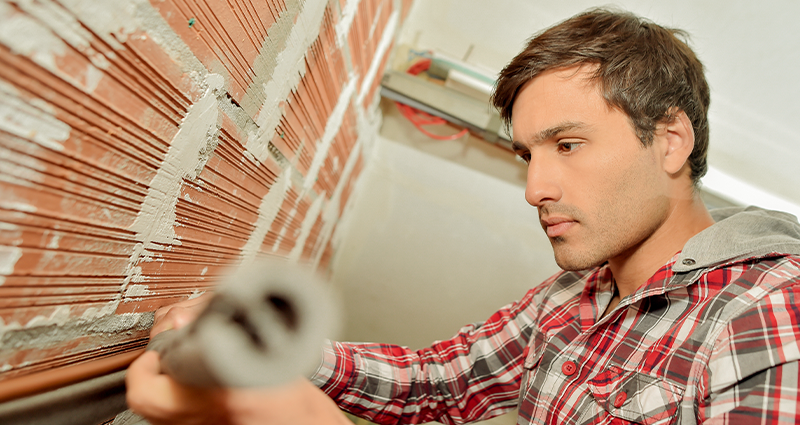


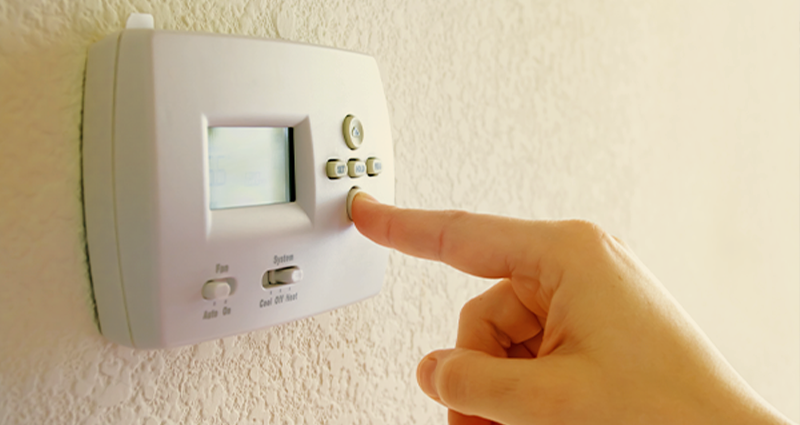


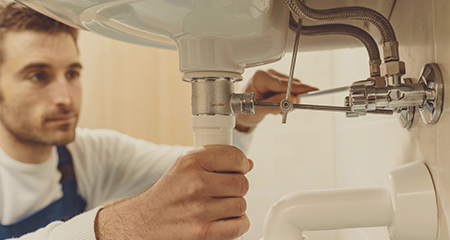


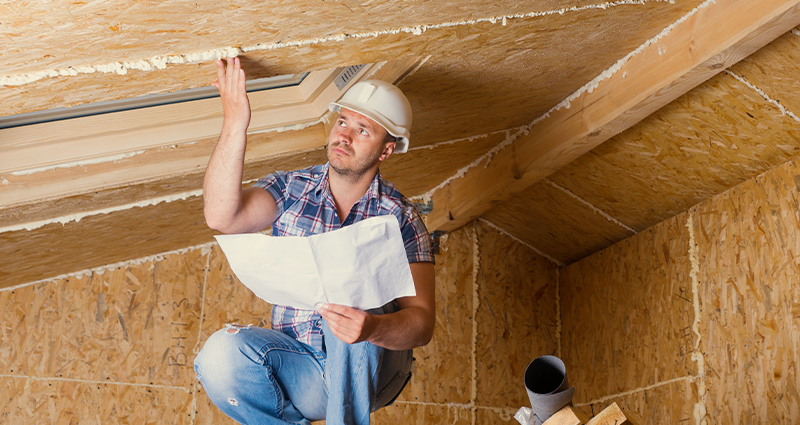





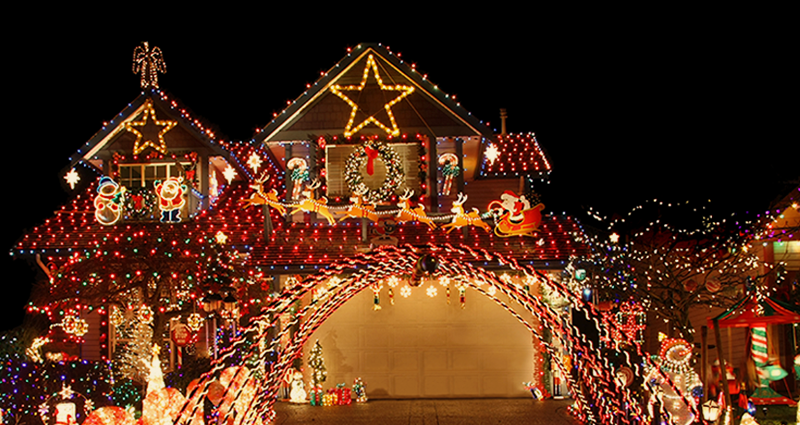





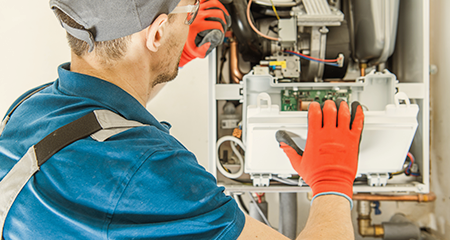

































































Check out our current offers and special incentives!
From energy saving and safety tips to home improvement recommendations, we've got everyone and everything under your roof covered.



Take this 2-minute quiz to see how well you understand your energy bill and the various charges that are on it.



Do you know how to tell if your ducts need cleaning? We go over some simple things you can check to see if you need to clean your ducts.
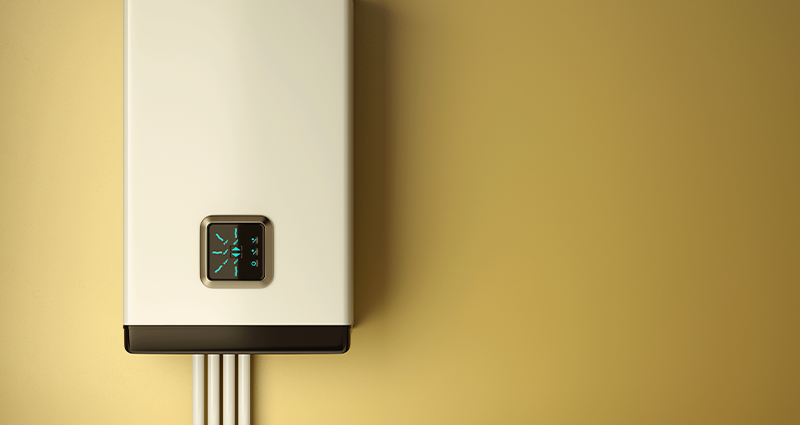


Need a new water heater? Are you looking for ways to reduce your home's carbon footprint? Find out whether an electric or gas water heater best suits your needs.



Learn how to adjust your thermostat to achieve the recommended house temperature during the winter.



Learn the key difference between a kilowatt (kW) and a kilowatt-hour (kWh) and what they mean on your energy bill.
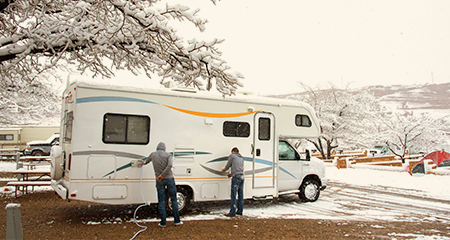


Winterizing your RV is essential in Alberta. It will help prevent damage, extend its lifespan and ensure it’s ready for more summer adventures when the snow melts.



Clogged drains are just part of the joy of indoor plumbing. The good news is that you can troubleshoot the issues and prevent them from happening again, including chronic problems.
Visit our frequently asked questions hub to learn more.
